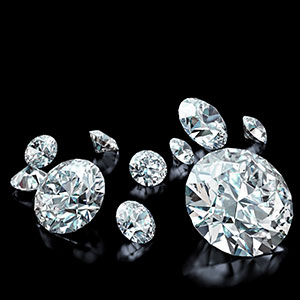
The European Commission has proposed new rules to combat what it calls rampant “greenwashing,” which require companies to provide hard evidence for every eco-claim they make.
“Green claims are everywhere: ocean-friendly T-shirts, carbon-neutral bananas, bee-friendly juices, 100% CO2-compensated deliveries and so on,” said Frans Timmermans, executive vice president for the European Green Deal, in a statement. “Unfortunately, way too often these claims are made with no evidence and justification whatsoever.”
While the proposed rules are aimed at E.U. companies, companies that aim communications at customers in the E.U. are also subject to them. The proposed new rules require the approval of the European Parliament.
The move comes after a 2020 E.C. survey assessed 150 environmental claims, and found that 53% of the assertions made by businesses contain “vague, misleading, or unfounded” information. Another survey, in November 2020, found that 40% of eco-claims made by E.U. businesses were likely misleading.
The E.C.’s proposal stipulates:
– Any environmental claims made by businesses be substantiated with “widely recognized” scientific evidence. As part of the scientific analysis, companies must identify any environmental impacts that are relevant to their product, as well as possible trade-offs, so consumers can get a full and accurate picture.
– If any organization compares its products’ eco-impact with a competitor’s, the comparisons must be fair and based on equivalent information and data.
– Claims or labels that use aggregate scoring of the product’s overall environmental impact shall not be permitted, unless set in EU rules.
– Environmental labeling schemes should be solid and reliable, and their proliferation must be controlled. Any labels must be transparent, verified by a third party, and regularly reviewed.
The new directive also includes new rules on claims of “carbon neutrality.”
Said the European Commision statement: “Companies have to be transparent about what part of that claim concerns their own operations, and what part relies on buying offsets.”
Environmental groups complained the new rules didn’t go far enough, with one calling for a ban on claims of “carbon neutrality.”
In the United States, the Federal Trade Commission is currently revamping its Green Guides, which govern environmental claims. In 2018, the FTC wrote to eight sellers of lab-grown diamonds and diamond simulants, warning them not to use “general environmental benefit claims” such as eco-friendly and sustainable.
Photo: Lukasz Kobus/courtesy of the European Commission
- Subscribe to the JCK News Daily
- Subscribe to the JCK Special Report
- Follow JCK on Instagram: @jckmagazine
- Follow JCK on X: @jckmagazine
- Follow JCK on Facebook: @jckmagazine





